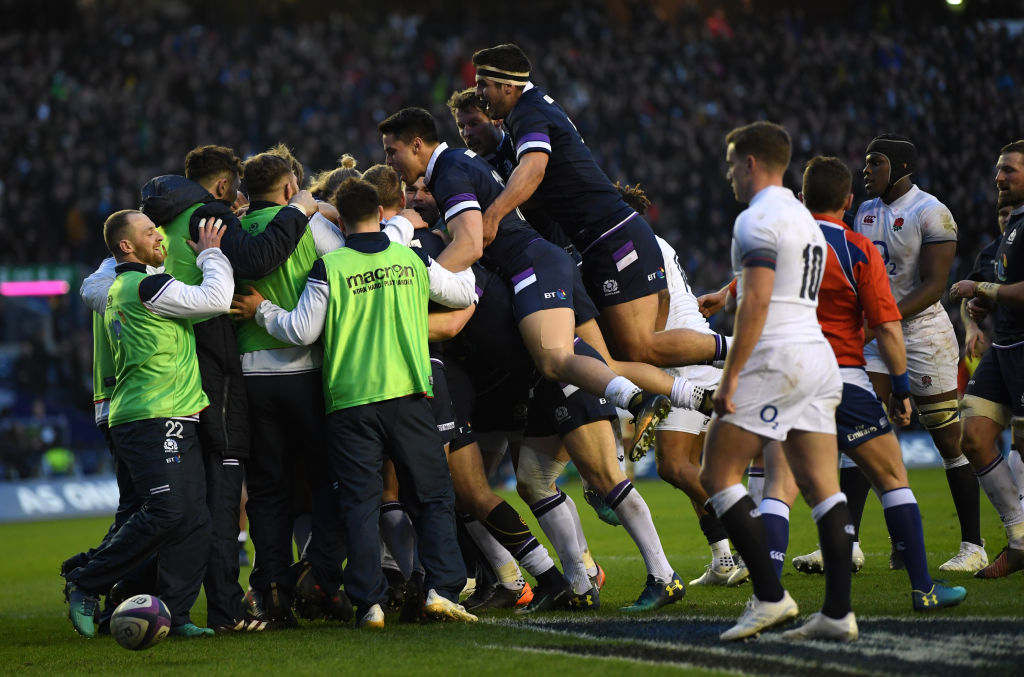
By Jeremy Guscott
THE Six Nations is important, but to become the best team in the world you have to keep improving to reach your full potential. That’s the challenge facing England after their defeat by Scotland, just as it is with every team.
England don’t play New Zealand enough for us to know what would happen in a best of ten series, but the neutrals – and the Kiwis – would say that England would win one Test, possibly two.
With New Zealand the search for improvement is relentless, and there is constant evolution with the fine-tuning of strategy and tactics. At one stage they will hardly kick the ball at all, and soon afterwards they will kick a lot. One minute they are putting forwards into the backline and the handling is so good that they can play an all-court game, and the next they are concentrating on counter-attack to punish poor opposition kicking.
You do not have to look far for All Blacks with X factor, whether it’s Ben Smith at the thirty-something end or Rieko Ioane just coming into the side, and plenty of others in between – whereas with England it is more limited. In fact, at the moment it is just Owen Farrell and Billy Vunipola.
We were saying Maro Itoje was at the same level last season, but this season he has not been so prominent, so his ascent to world-class is in the balance.
What’s clear to me is that if England are to be successful at the 2019 World Cup they have to go into it with both Farrell and Billy Vunipola playing – and I believe that Billy is good enough to be the best No.8 at the tournament.
England need more players with that USP. There is no doubt that Billy is Eddie Jones’ man, because he has grown far more as a player under the Aussie’s tutelage than he did before. Jones has to do the same again with Elliot Daly – who could be world-class – as could Anthony Watson.
There are questions to be answered everywhere with England. For instance, is Mike Brown good enough to go through to the World Cup as full-back?
When Brown and the England backline went wide against the Scots no-one appeared to have the wit to cut a line or execute a simple switch. On top of that, instead of England’s passing fizzing down the line like New Zealand’s, it is too often high and wide.
England lack an attacking edge with Brown at the back, while Watson has shown he is arguably the best counter-attacker in the Premiership, despite playing in a Bath side which is not always firing. Watson’s kicking game may not be as good as Brown’s – at the moment he rarely puts a 40 metre spiral kick into touch – but it is an aspect he can work on and improve.
Another question from England’s loss in Edinburgh concerns fitness. If you are the fittest side in Europe – let alone the world – would you not have been breathing down Scotland’s neck rather than looking fatigued? You would also ask yourself whether the reason your decision makers on the pitch could not change the game-plan was because of tiredness.
This begs the question, are England doing conditioning work during the Six Nations which is draining them?
While your overall strategy cannot change that much when you are playing in a tournament, the drills that you do in training can be varied with the emphasis on short-sharp skills sessions which leave players with plenty in the tank rather than knackered.
To watch Danny Care’s counter-attack attempt with 20 minutes to go at Murrayfield – with no one talking to him and nowhere to go – end with a pass to Jonny May which he caught when he was in touch, is not the sign of a world-class side.
It appeared as if Eddie Jones was doing a good job with England until we watched them play Scotland. Now reservations you had tucked away resurface – and for me one of those is the midfield structure.
The balance still does not seem right with possibly the best 10 in the world, Farrell, playing at inside-centre. I said in this column before that I would have liked to have played against George Ford and Farrell because defensively as a 10-12 combination it looks a little slow.
However, the work they do as a combination can be impressive. Farrell’s try against the Scots was beautifully worked from a line-out, with a hard drive followed by a fast wide pass in front of the England 12 allowing him to race past Grant Gilchrist.
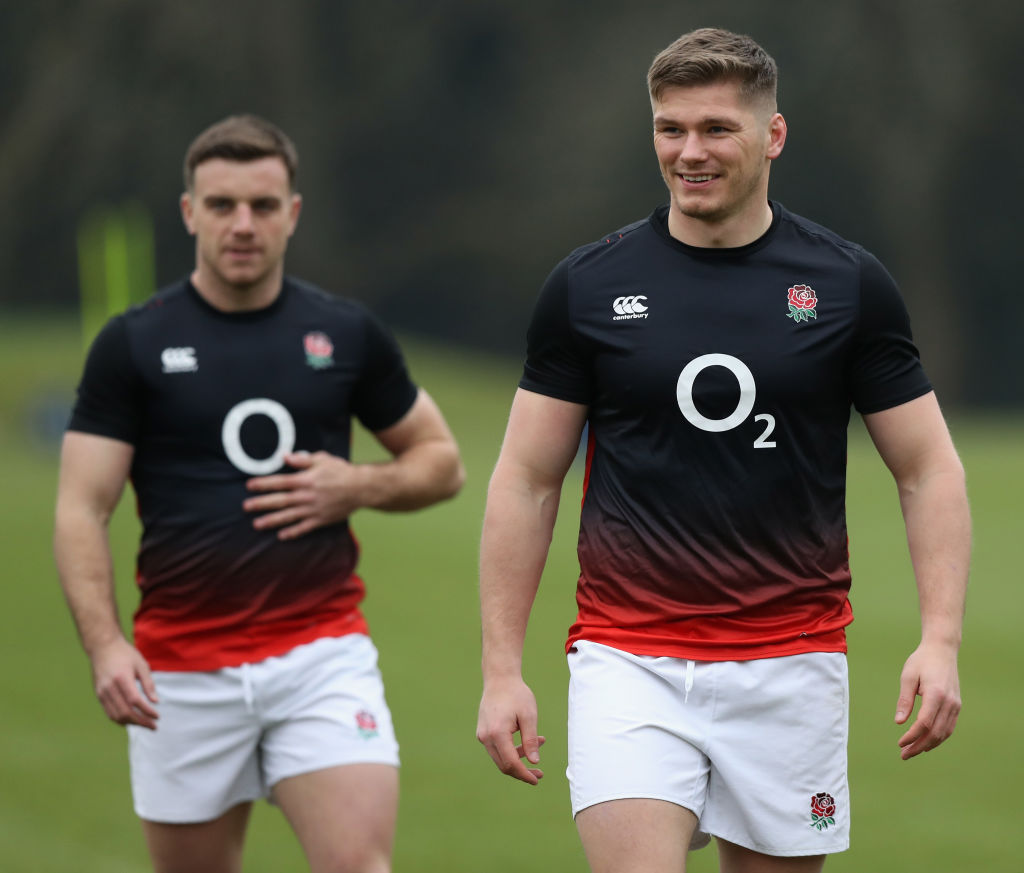
Irregular around the margins: Should England stick with Ford-Farrell combo or bring in a wrecking-ball at inside centre? (photo: Getty Images)
George Ford needs to be having more impact in a game, he’s been steady without standing out. Where are the big plays that make a difference? He’s going unnoticed currently, that’s not how an out-half should be viewed. Look at the contributions Finn Russell has had this season already, two poor games and one man of the match. George has a lot of qualities, but we’re not seeing them at their best. Farrell is eclipsing him comfortably, he needs to start making it more competitive. There’s only one reason we’re not talking more about Ford, he’s not giving us anything to talk about.
Other questions keep coming. Will Manu Tuilagi ever get back to the level he was in the victory over New Zealand in 2012? And, if he does get that good again, where do you put him – especially as his defence at 13 is not as good as Jonathan Joseph or Daly?
England need someone with the power and aggression that Tuilagi or Ben Te’o can offer because it is a point of difference when someone straightens the line and challenges the defence head-on. Farrell can work a good line off phases, but he does not have a power game.
When will we see the World Cup 10-12-13 line up? At the moment it looks like Ford, Farrell, Joseph – but I like the option of having a big physical player in a backline. Having Te’o or Tuilagi running at you is different to Brown, Joseph or Farrell, because they have the physical presence to fill the frame and demand your attention.
England have to lift their game in terms of intensity and ambition. They were ploddish against the Scots and rarely got in good strike positions. You have to be prepared to go from under your own posts – but that can only be achieved with quick, fizzing passes, and the confidence to back yourself to play rugby when you have the space.
This England side have to react more to what’s happening around them, and be prepared to improvise – and that applies whether they are playing sides with the unpredictability of the Scots, or the method of the Irish, who mount pressure by making so few errors.
The facts are that England have lost only two games under Eddie Jones, and have beaten every team bar New Zealand since the last World Cup. They are also ranked number two in the world. Yet, it seems at the moment as if they are a long way from being the best side in the world.
What England have to remember is that they do not have to beat New Zealand every time they play them. It would be huge if they won against them at Twickenham next autumn, but they should never lose sight of the ultimate goal of beating them once, in a semi-final or final, in Japan.
The likelihood is that the team that lost to Scotland will be given the chance to make amends by Jones. England should be able to take it, because France are so poor. They are sluggish and one-dimensional, and, despite scoring a few tries against Italy, and a few magic moments before that from Teddy Thomas, you know what’s coming.
England were asked questions by Scotland, and all the answers were left on the team bus – they had no answers on the field. For them to become the best team in the world they have to change that narrative.
England need man-of-the-match performances in Paris from 1 to 23 – but it must not stop with France. They have to do it every time they put on the white shirt.

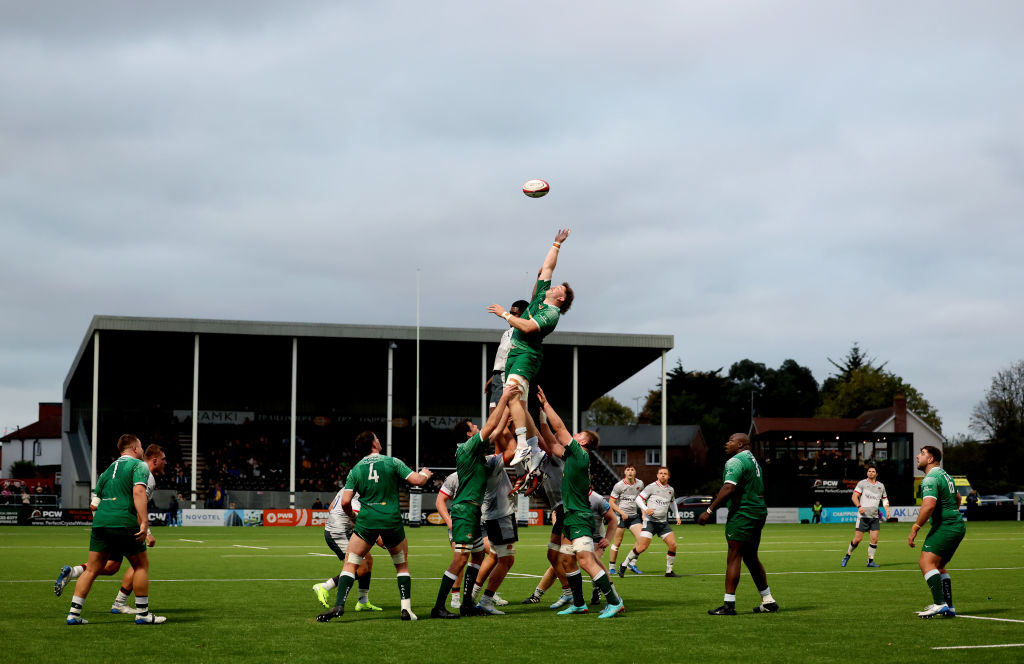
English Championship
What the new Championship format could mean for English rugby


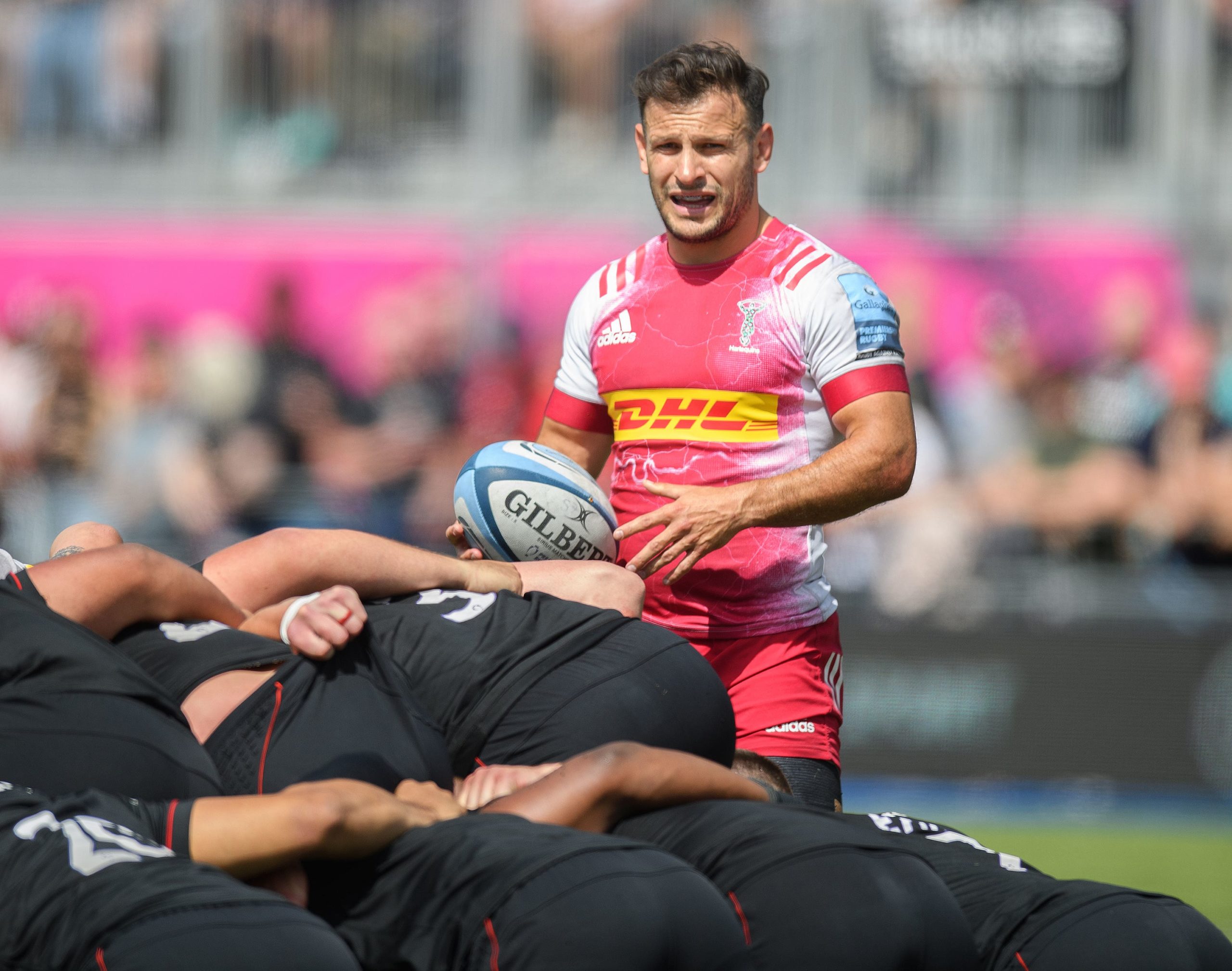















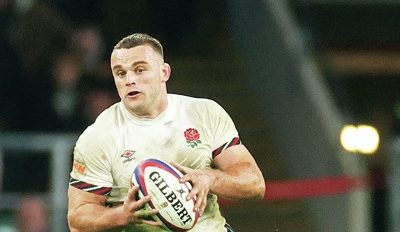



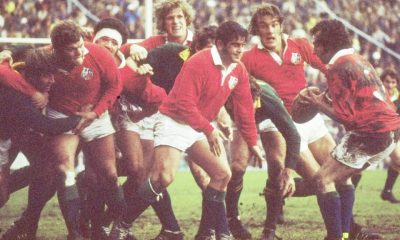




You must be logged in to post a comment Login